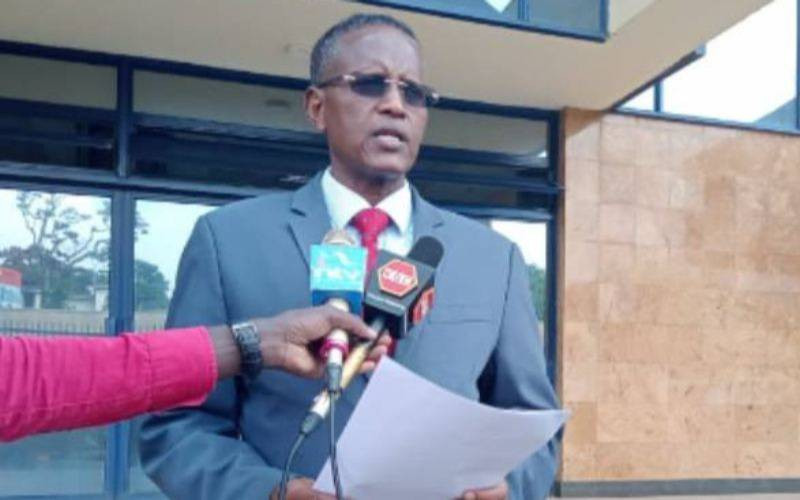×
The Standard e-Paper
Kenya's Bold Newspaper

A former nominated MP has taken the Office of Registrar of Political Parties (ORPP) to court over claims of allowing some political parties to exist without meeting laid down requirements.
Hassan Aden Osman argues that political hygiene begins with organised political vehicles.